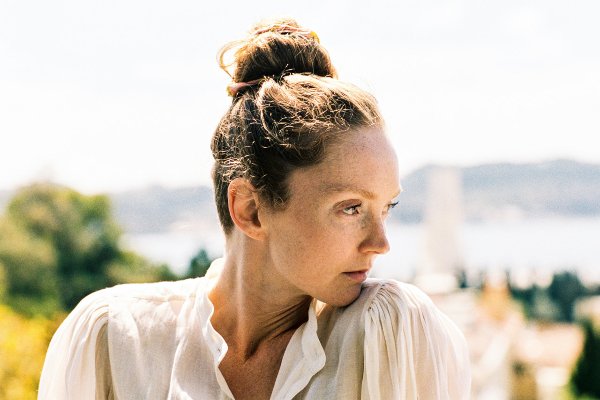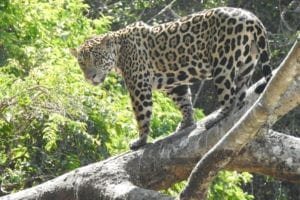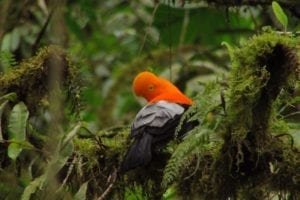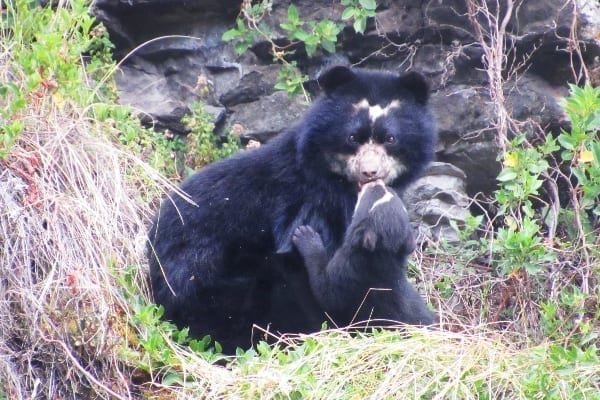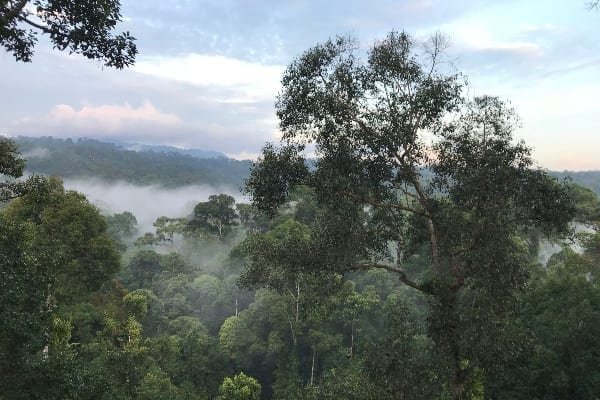‘On the basis that I don’t have any answers, but may have solutions to fit certain circumstances, happy to talk’, John, typically humbly, responded. ‘This is the fundamental problem’, he elaborated; ‘everyone tries to address [environmental] issues at a big public [level], as if there is a solution, whereas the truth is that you can only solve some of the problems some of the time, if you treat cases individually. The big, grandstanding speeches, pledges etc… are doomed, by their very nature, to fail… Regrettably, nothing will do, if we only ever talk about it… I am happier trying to do something, and then defend the action if it is criticised.’
The elephant in the room
On John’s blog on COP26 he had concluded: ‘no one is mentioning the elephant in the room: Human populations and human greed. You cannot possibly succeed in combating CO2 emissions, pollution, climate change, without addressing the CAUSE of it all. And that is the expanding population and expanding economies, where prosperity is measured by GDP. End of story.’
Meanwhile, John had posted my daughter some of his books on homemade musical instruments and animals at risk of extinction; we started sharing stories and images of wildlife, including Portuguese salamanders from where I was living.
The edge of the abyss
When I got the news that John had passed away, I was in Davos for the World Economic Forum, preparing for a talk at Arctic Basecamp.
It is always revealing how you respond when someone passes away; the response seems to come from a bodily rather than intellectual place, and it suddenly reveals how much someone meant to you. I cried for several hours.
I think my grief operated on multiple levels. There was the personal loss of John, who had been such an inspiration and guide to me for so many years on my path.
But it was also a wider, broader grief. In a world heading steadfastly towards ‘the edge of the abyss’, as UN secretary-general António Guterres puts it, the loss of someone so dedicated to protecting habitats for wildlife is also a loss for wildlife. I think a piece of my hope for the planet died with him.
In Davos, black cars idled and purposefully ran over pedestrians (true story) in their rush for power. Bankers, CEOs and politicians swapped notes. Helicopters hovered. Economic growth remained the religious drumbeat for the Sixth Mass Extinction.
A wild world
At John’s memorial in London in September, conservationists from around the world gathered at the Linnean Society to pay tribute to this remarkable man, who had been a mentor to so many of us.
Sir David Attenborough said of John: ‘He was an extraordinary man. One I will never forget. His energy was backed with great imagination. His loss to conservation is immense. I shall never forget him, and I shall do my best to try and live up to the ideals of energy and altruism which motivated him. He was irreplaceable and I think of him very frequently.’
Chris Packham, who once described John as ‘a very nice troublemaker’, then held up signs for different organisations he felt John would appreciate others supporting, such as The John Burton Memorial Fund and Flock Together, Whale Wide, Wild Justice and City Girl in Nature.
On the tube home that evening, a large yellow moth fluttered around the carriage I was in. It landed on my face.
Moved by this encounter and concerned for its wellbeing in the tube, with the spirit of protecting wildlife in mind, I used my camera bag to catch it and carried it out of the train station into the cold night air, where I laid it on a tree leaf under the moon.
A few days later, telling this story to John’s late wife, Viv, I learned that a new species of moth, yellow and pink in colour, had just been named after John: Tegostoma burtoni. We live in a wild world.
 Play Video about This Rock Might Just Save The World
Play Video about This Rock Might Just Save The World Play Video about Play 2 hours of rock
Play Video about Play 2 hours of rock Play Video about Play 2 hours of brook
Play Video about Play 2 hours of brook Play Video about Play 2 hours of sheep
Play Video about Play 2 hours of sheep

















